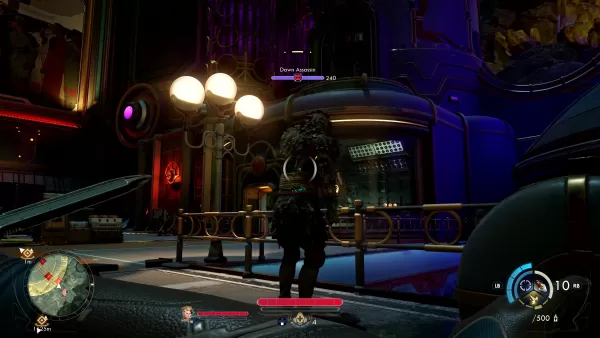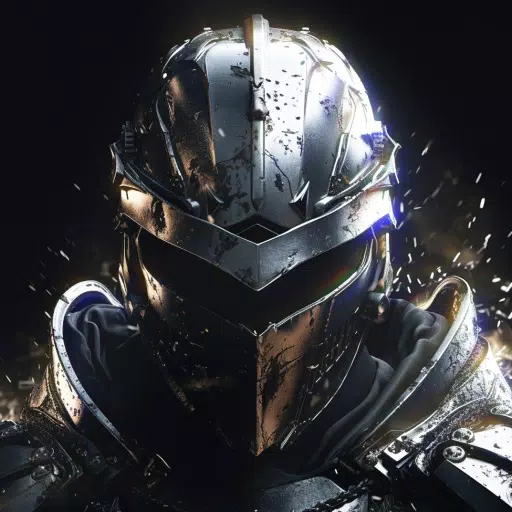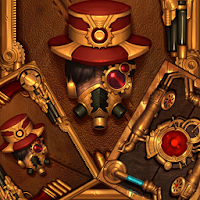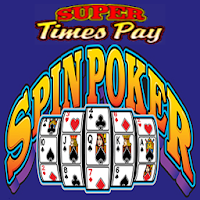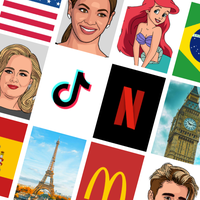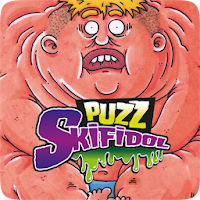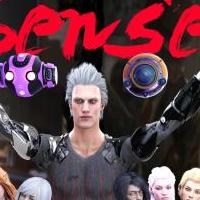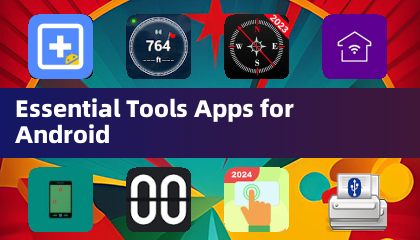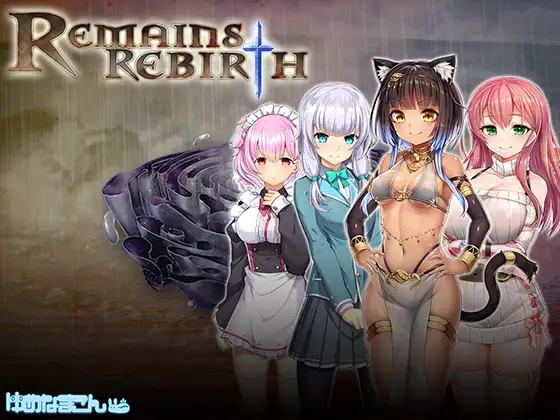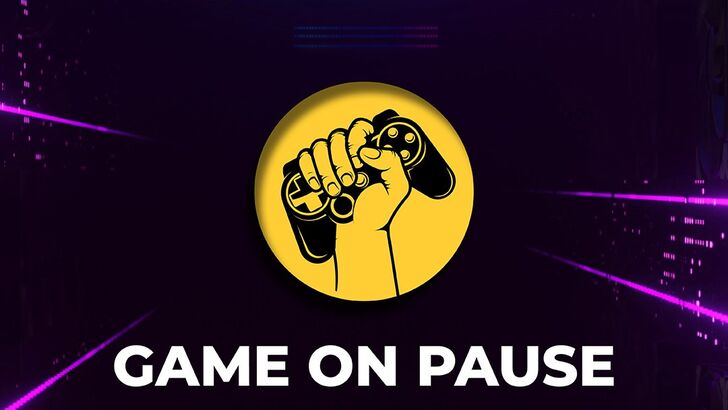 The video game industry faces potential upheaval as SAG-AFTRA, the union representing voice actors and performance artists, has authorized a strike against major game developers. This article examines the conflict over fair labor practices and the ethical implications of artificial intelligence (AI) in the industry.
The video game industry faces potential upheaval as SAG-AFTRA, the union representing voice actors and performance artists, has authorized a strike against major game developers. This article examines the conflict over fair labor practices and the ethical implications of artificial intelligence (AI) in the industry.
SAG-AFTRA Authorizes Strike: A Fight for AI Protections
SAG-AFTRA's Announcement
On July 20th, the SAG-AFTRA National Board unanimously voted to authorize a strike against companies bound by the Interactive Media Agreement (IMA). This empowers the National Executive Director & Chief Negotiator to call a strike if negotiations fail. The strike would encompass all services under the IMA, halting work by all SAG-AFTRA members. The central issue is securing strong AI protections for video game performers.
National Executive Director Duncan Crabtree-Ireland declared the union's unwavering resolve, emphasizing the overwhelming (98%+ yes) member vote to authorize a strike unless a satisfactory agreement, particularly regarding AI usage, is reached. He highlighted the importance of protecting the performers whose work is crucial to the success of major video games.
Key Issues and Industry Impact
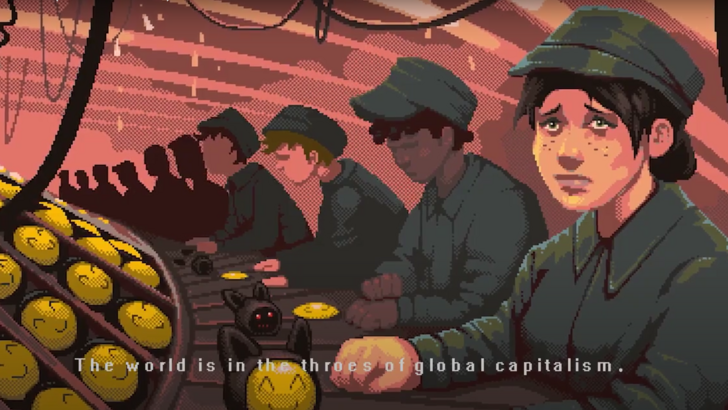 The potential strike stems from concerns about the unregulated use of AI in voice acting and performance capture. Currently, no safeguards exist to prevent AI replication of actors' likenesses without compensation or clear guidelines on usage. Actors seek fair payment for their performances and control over how their work is utilized with AI.
The potential strike stems from concerns about the unregulated use of AI in voice acting and performance capture. Currently, no safeguards exist to prevent AI replication of actors' likenesses without compensation or clear guidelines on usage. Actors seek fair payment for their performances and control over how their work is utilized with AI.
Beyond AI, SAG-AFTRA demands wage increases to match inflation (11% retroactive and 4% increases for the following two years), improved on-set safety measures (including mandated rest periods, on-site medics for hazardous work, vocal stress protections, and eliminating stunt requirements in self-taped auditions).
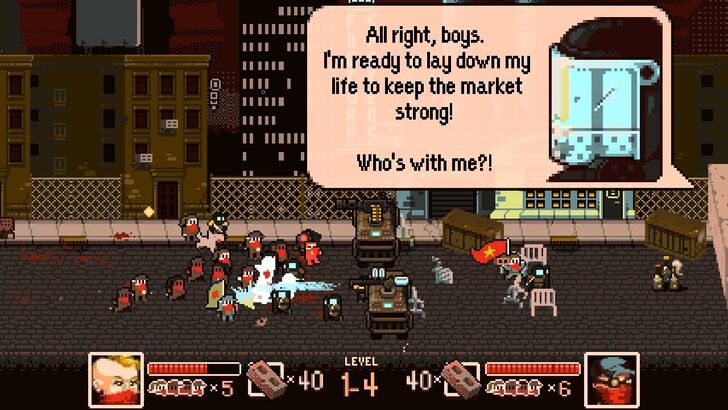 A strike could significantly disrupt video game production, although the precise impact remains unclear. Unlike film and television, video game development is a lengthy process. While a strike might slow development, the extent of delays to game releases is uncertain.
A strike could significantly disrupt video game production, although the precise impact remains unclear. Unlike film and television, video game development is a lengthy process. While a strike might slow development, the extent of delays to game releases is uncertain.
Companies Involved and Their Positions
The potential strike targets ten major companies:
⚫︎ Activision Productions Inc.
⚫︎ Blindlight LLC
⚫︎ Disney Character Voices Inc.
⚫︎ Electronic Arts Productions Inc.
⚫︎ Epic Games, Inc.
⚫︎ Formosa Interactive LLC
⚫︎ Insomniac Games Inc.
⚫︎ Take 2 Productions Inc.
⚫︎ VoiceWorks Productions Inc.
⚫︎ WB Games Inc.
Epic Games has publicly supported SAG-AFTRA's position, with CEO Tim Sweeney stating that game companies shouldn't obtain generative AI training rights from voice recording sessions. Other companies haven't yet released official statements.
Negotiation History and Context
 The current conflict began in September 2023 with a near-unanimous (98.32%) member vote authorizing a strike before contract negotiations. Negotiations have stalled, despite extending the previous contract (expired November 2022).
The current conflict began in September 2023 with a near-unanimous (98.32%) member vote authorizing a strike before contract negotiations. Negotiations have stalled, despite extending the previous contract (expired November 2022).
This follows a 2016 strike lasting 340 days, which ended with a compromise deemed unsatisfactory by many union members. Further complicating matters, a January 2024 deal with Replica Studios, allowing voice licensing to AI, sparked internal union controversy.
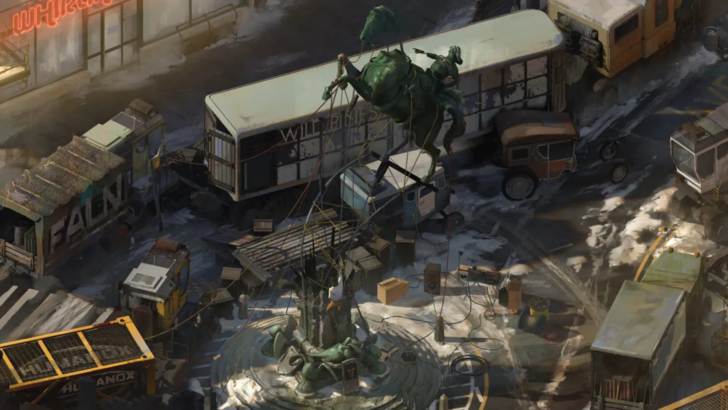 The authorized strike represents a crucial juncture in the fight for fair labor practices in the gaming industry. The outcome will significantly impact AI usage in performance capture and the treatment of video game performers. The rapid advancement of AI necessitates strong protections for individuals, ensuring AI enhances, not replaces, human creativity. A swift resolution addressing the union's concerns is vital.
The authorized strike represents a crucial juncture in the fight for fair labor practices in the gaming industry. The outcome will significantly impact AI usage in performance capture and the treatment of video game performers. The rapid advancement of AI necessitates strong protections for individuals, ensuring AI enhances, not replaces, human creativity. A swift resolution addressing the union's concerns is vital.

